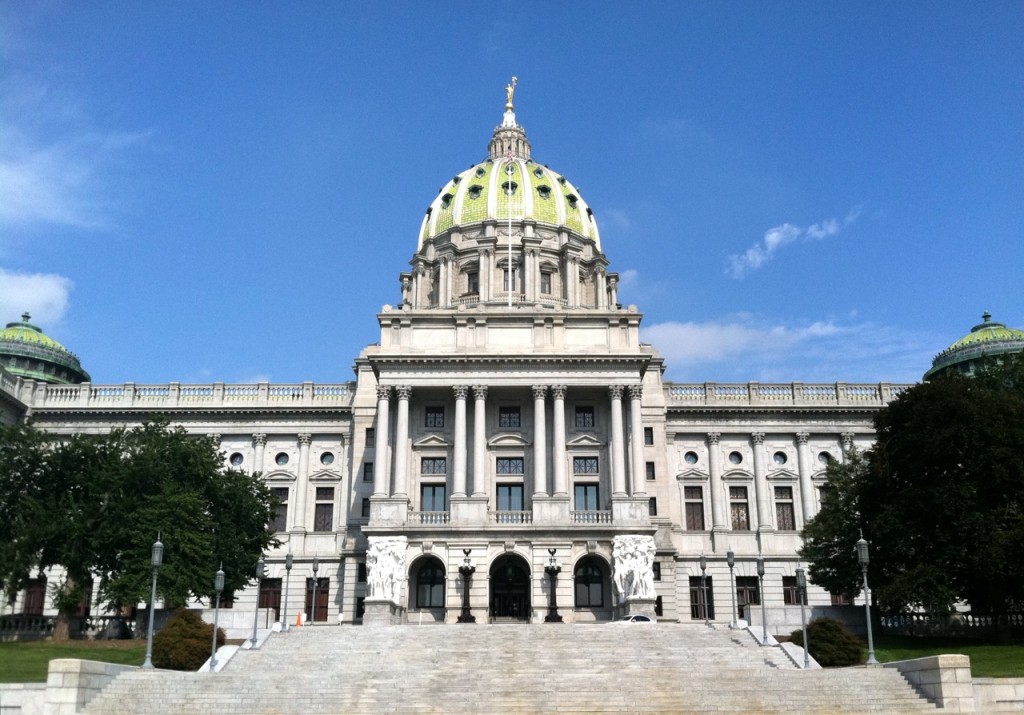The new year carries high stakes around the Commonwealth for policing and criminal justice, as 18 counties will elect a District Attorney while 32 will also conduct elections for Sheriff.
Sheriffs and prosecutors are central to local criminal legal systems, with wide discretion over a large range of issues from sentencing to detention conditions. But criminal justice policy also hinges on offices that have broader purviews, such as the state Supreme Court and Pennsylvania will see three Democratic justices up for retention votes in 2025.
After serving initial 10-year terms, those jurists who seek reelection do so through “retention elections” in which they are not affiliated with any political party. Retention is a nonpolitical method of reelecting Pennsylvania judges and is intended to be politically neutral as they do not require judges to engage in campaigning against other candidates.
Retention is specifically designed to keep judges out of the political fray while at the same time holding them accountable to the voters based on their overall records and performance in office. The intent is to provide a fair and nonpartisan way for the public to judge its judges.
In retention elections, judicial candidates do not participate in spring primary elections. Their names appear on the ballot only in November general elections. Voters are asked to vote “yes” or “no” on whether to reelect each judge seeking retention. The names of the candidates are listed on a separate area of the ballot, apart from individuals running for executive and legislative offices. No political affiliation is listed for retention candidates.
Justices Christine L. Donahue, Kevin M. Dougherty and David N. Wecht are up for retention. The trio was elected in the 2015 Municipal Election with each receiving more than 1 million votes.
Since 1968, when the state’s constitution was last updated, voters have rejected only one appellate judge’s reelection bid, coming in 2005. Former state Supreme Court Justice Russell Nigro was not retained, primarily due to voters’ frustration with state lawmakers’ vote to increase their own salaries and those of judges.
If a judge loses their retention race, a special election is held to replace them in the next odd year (2027). The governor can appoint a replacement in the interim, but two-thirds of the state Senate must approve the choice.
District Attorney
The most high-profile criminal justice race in the Commonwealth will come in Philadelphia, as embattled progressive Democrat Larry Krasner is expected to seek reelection to a third term. At least one challenger appears to be stepping into the race in Patrick Dugan. The longtime Philadelphia Municipal Court judge also appears to have the backing of the politically influential building trades unions.
Krasner’s criminal-justice reform agenda has drawn criticism throughout his tenure, including a 2022 Republican-led impeachment in the Pennsylvania House.
Seventeen (17) other Pennsylvania counties will elect a District Attorney: Armstrong, Blair, Bucks, Centre, Elk, Jefferson, Lackawanna, Lawrence, Lebanon, Potter, Schuylkill, Sullivan, Venango, Warren, Westmoreland, Wyoming, and York.
While it is still early in the process, it will be interesting to see who might challenge incumbents, as in 2023, most races saw a lack of competition leading to many unopposed races.
Sheriff
Thirty-two (32) counties will go to the polls to elect a Sheriff, the chief law enforcement officer in the county: Adams, Allegheny, Armstrong, Blair, Bucks, Butler, Cambria, Cameron, Clarion, Clearfield, Columbia, Cumberland, Delaware, Erie, Forest, Greene, Huntingdon, Juniata, Lackawanna, Lawrence, Lebanon, Lycoming, McKean, Mifflin, Perry, Pike, Schuykill, Susquehanna, Tioga, Union, Venango, and Washington.
Other statewide elections in this cycle include:
- Judge of the Superior Court
- Judge of the Commonwealth Court
- Judge of the Court of Common Pleas
- Judge of the Municipal Court (Philadelphia)



